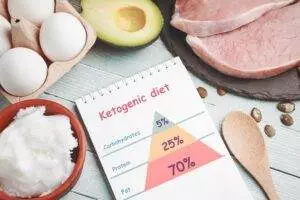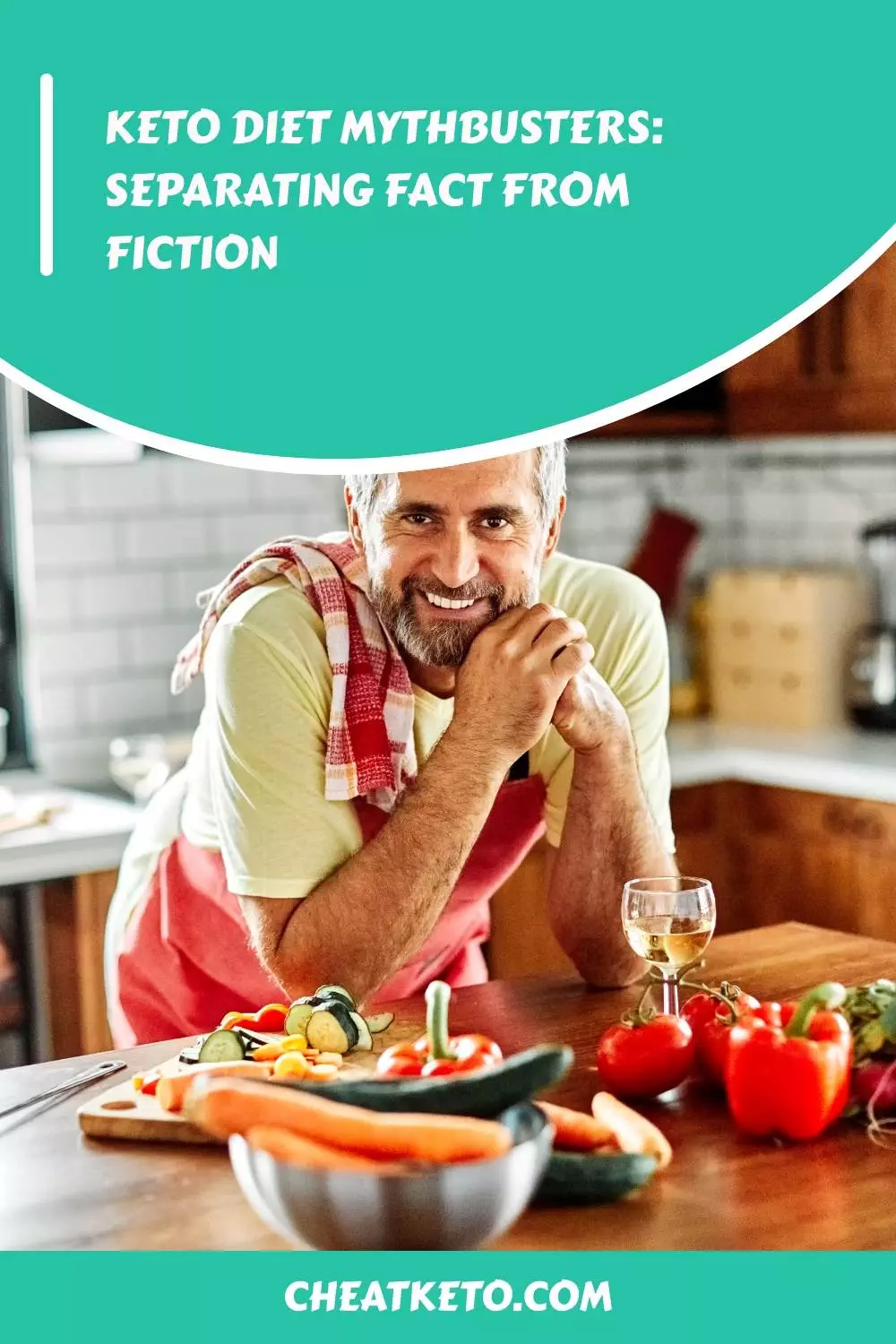
Keto Diet Mythbusters: Separating Fact from Fiction
Have you heard about the ketogenic diet, but aren’t sure if it’s right for you? Are you confused by all the conflicting information out there? In this article, we’re going to separate fact from fiction and help you decide if a keto diet plan is the right choice for your health goals.
What Is the Keto Diet and Why It’s So Popular
The keto diet is a low-carbohydrate, high-fat eating plan that has become increasingly popular in recent years. The goal of the keto diet is to put your body into a state of ketosis, which occurs when your body burns fat instead of glucose as its primary source of energy. This can lead to rapid weight loss, improved blood sugar control, and other health benefits.
Mythbusting the Keto Diet Plan
There are many myths and misconceptions surrounding the keto diet. Let’s take a look at some of the most common ones and set the record straight.
1. Myth: You have to eat a lot of meat on the keto diet.
Fact: While some people assume that the keto diet requires you to consume large amounts of red meat, this isn’t actually true. While protein is important on any diet, including keto, you don’t need excessive amounts of it. In fact, the keto diet typically includes moderate amounts of protein, with the majority of calories coming from healthy fats like avocado, nuts, and olive oil.
2. Myth: You can’t eat fruit or vegetables on the keto diet.
Fact: Another common myth is that the keto diet doesn’t allow you to eat fruit or vegetables. However, this simply isn’t true. While certain types of produce may be limited due to their carbohydrate content, there are plenty of leafy greens, non-starchy veggies, and even some berries that are perfectly fine to include on a keto diet.
3. Myth: The keto diet causes muscle loss.
Fact: Some people worry that the keto diet will cause them to lose muscle mass, especially since it can be tougher to get enough protein on a very low-carb diet. However, studies show that the keto diet can actually help preserve lean mass while promoting fat loss.
The Truth About Carbs, Protein, and Fat on a Ketogenic Diet

Now that we’ve debunked some of the more common myths about the keto diet, let’s dive into what you should know about macronutrients on a ketogenic diet.
Carbs: As mentioned earlier, carbs are generally restricted on the keto diet. Ideally, you want to aim for less than 50 grams per day, although some people do well with slightly higher levels. Be mindful of hidden sources of carbs, such as condiments and sauces, and focus on whole foods like vegetables and nuts.
Protein: On the keto diet, protein intake should be moderate. Aim for around 1 gram of protein per pound of bodyweight, so if you weigh 150 pounds, you would aim for around 150 grams of protein per day. Good sources of protein on the keto diet include fish, chicken, eggs, and plant-based options like legumes and tofu.
Fat: Finally, fat is the main fuel source on the keto diet. To achieve ketosis, you want to aim for around 70% of your daily calorie intake to come from healthy fats. Good sources of fat on the keto diet include avocados, coconut oil, olive oil, nuts, seeds, and full-fat dairy products.
Debunking Common Misconceptions about the Keto Diet
Finally, let’s address some of the remaining concerns people often have about the keto diet.
1. Will I feel deprived on the keto diet? While the keto diet does require significant changes to your eating habits, it’s not necessarily restrictive. There are plenty of delicious recipes and meal ideas available online that make sticking to the diet easy and enjoyable. Plus, once you enter ketosis, you may find that you no longer crave sugary or processed foods.
2. Can I still drink alcohol on the keto diet? Alcohol is generally discouraged on the keto diet, as it can interfere with ketone production and slow down weight loss. That being said, some people choose to incorporate small amounts of alcohol (such as a glass of wine) occasionally, as long as they stay within their macro targets and don’t overdo it.
3. What if I cheat on the keto diet? Cheating on the keto diet is okay sometimes, as long as you don’t make a habit of it. If you slip up and indulge in something sweet or starchy, just get back on track with your next meal and try not to beat yourself up too much. Remember, the keto diet is meant to be sustainable and flexible, so don’t stress too much about occasional lapses.
Conclusion: Final Thoughts on Starting Your Own Keto Journey
If you’re considering trying the keto diet, remember to always consult with your doctor first, especially if you have any underlying medical conditions or medications that could affect your ability to follow the diet safely. With careful planning and attention to detail, the keto diet can be an effective tool for achieving weight loss and improving overall health markers.

